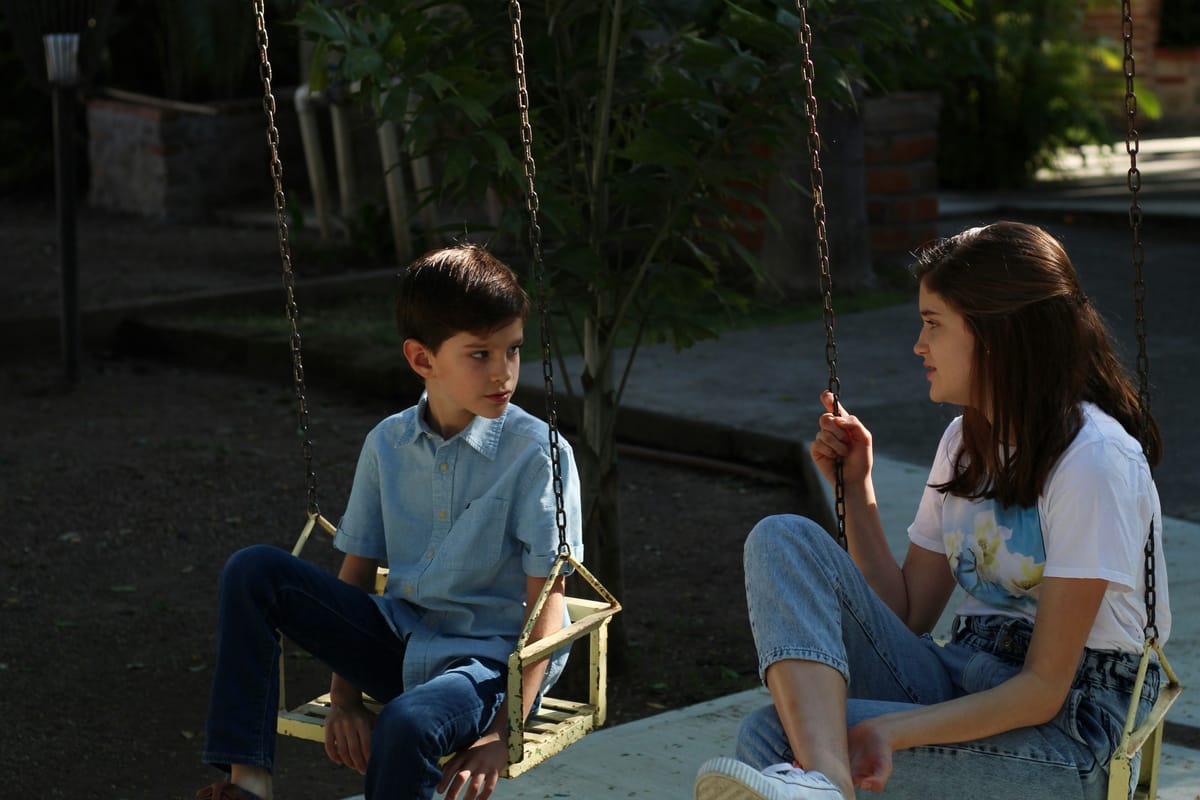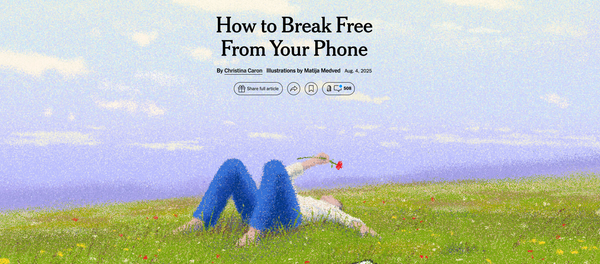Course View-Along: Belonging lives in the 'between moments'
A culture week insight from Carla Roland Guzmán

It's culture week in Adapting Christian Formation. In lieu of a standard instructor's lecture, my students are watching a workshop recording from the 2019 Forma Conference called "From Welcoming to Belonging":
In this workshop, the Rev. Dr. Carla Roland Guzmán speaks from the perspective of both LGBTQ+ and Latinx identity, but she is very clear that these insights apply more broadly. I totally agree.
At issue in her talk is the distinction between what it means to be welcomed and what it means to truly belong.
"We have leaders in our church … committed Christians having communion on Sunday, pledging, active in all the ways you can imagine, who do not have a sense of belonging in their church," says Guzmán. She continues,
When you give them an opportunity, somewhere, to share their faith story, you’re amazed. Those of us who are clergy, that might happen sometimes when you’re in the car with somebody, or when you have a little breather. But none of this belonging stuff is happening on Sunday morning, it’s not ... If I don’t know what they’re thinking about at two o’clock in the morning, or what brings them joy, we’re not in solidarity. And we’re not creating belonging with one another. It’s about relationships.
I think Roland Guzmán is getting at something similar to another thing Dwight Zscheile said in the podcast episode I discussed on Monday. It presents a real challenge for Anglicans and our focus on common prayer and corporate worship:
Highly scripted corporate worship is often a pretty great gateway experience, especially in this era where most people don't have great muscle memory for forming social ties.
A Sunday service probably doesn't ask a lot of us: read these words, sing this hymn if you want to, follow the instructions or obvious examples around you about sitting and standing and shaking hands and coming forward for a blessing.
But all the things that make this situation welcoming for a newcomer on Day 1 are likely to actually work against that person feeling like they belong on Day 700.
Belonging means we're missed when were gone. But if my absence even registers with someone this weekend, it's not like that person has a lot of opportunities to express that sentiment to me during church the following weekend.
Belonging means our distinct contributions are recognized and acknowledged. But how meaningful is that recognition when I know full well that my chalice bearing or leading of the prayers of the people could just have easily been handed off to someone else if I got sick or simply didn't show up?
Belonging happens in the "in between" moments. "When you’re in the car with somebody, or when you have a little breather [together.]" Dare I use a bit of evangelical jargon?: when we're doing life together.
Of course there are ways we can cultivate belonging during worship, and we should. How can each person who wishes to make a distinctive contribution to the experience of our time together? It's a valuable question.
But we shouldn't expect worship to do the relational heavy lifting that leads to belonging. The good news is there's a million things that can. They've gotta be personal. They've gotta be a little vulnerable. There should be regular doses of real fun.
Here are some of my favorites:
- table sharing during multi-week formation groups
- praying for neighbors around the circle at the end of bible study
- cooking together
- delivering groceries
- watching kids on the playground
- playing conversation-oriented casual board/card games
- doing low-key crafts
- sitting around a campfire
How about you?



